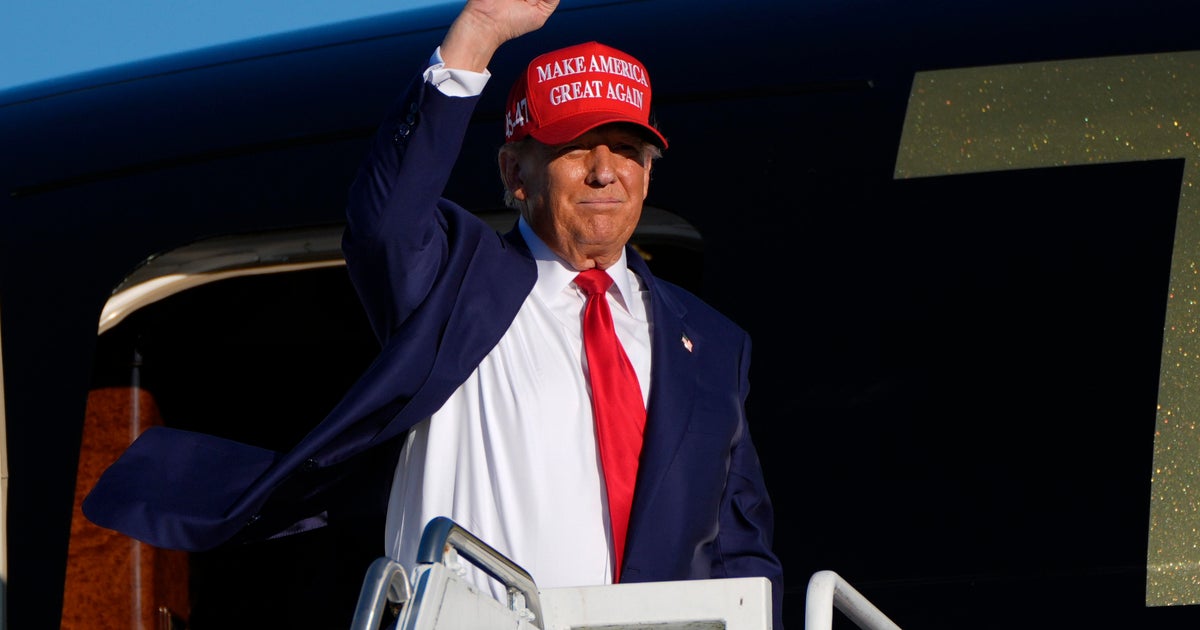Former President Donald Trump, whose administration imposed multiple versions of a travel ban against people coming from Muslim-majority nations, may now face restrictions on his own international travel, following his felony conviction in New York Thursday.
At this point, Trump faces no specific travel restrictions from Justice Juan Merchan, who presided over the “hush money” criminal trial in New York, in which the former president was found guilty of 34 felony counts. His sentencing is scheduled to take place on July 11, four days before the Republican National Convention, which will formalize his nomination to the presidency. Trump, who’s in the middle of a presidential campaign and has three other criminal trials pending, has announced no international travel plans.
The U.S. doesn’t allow foreigners with felony convictions to enter the country, and neither do a number of other countries. Allies including the U.K. and Australia have strict restrictions on traveling there as a convicted felon, according to the European Travel Information and Authorisation System. Canada, which will be hosing the G7 summit of world leaders in 2025, also has strict requirements for visitors with a criminal history. And felons are banned from entering China.
But it’s possible international leaders would make exceptions for Trump if he wins the presidency again. Former President George W. Bush had to apply for a special waiver to enter Canada on an official state visit, because he had pleaded guilty decades earlier to a 1976 drunk driving charge. And that was a misdemeanor offense, not a felony.
Trump has plans to renew and revamp travel restrictions to the U.S., if he’s president again. Last year, he said he would bring back a travel ban “even bigger than before,” alluding to his administration’s restrictions on travelers from several countries that have largely Muslim populations.
The Supreme Court eventually upheld a version of his travel ban, 5-4, in 2018. Chief Justice John Roberts, wrote in the majority opinion that presidents have substantial power to regulate immigration. “The sole prerequisite,” Roberts wrote, is “that the entry of the covered aliens ‘would be detrimental to the interests of the United States.’ The President has undoubtedly fulfilled that requirement here.” He also noted that Trump had ordered an evaluation of every country’s compliance with the risk assessment baseline and then issued the findings.
When he talks about the spike in numbers of undocumented migrants crossing the U.S.-Mexico border, the former president also regularly paints them broadly as “criminals.”
“So we are moving criminals out of our country, and we are getting them out in record numbers, and those are the people we are after,” the former president said toward the beginning of his term during a 2017 interview with the Associated Press.
As he awaits his sentencing in the “hush money” case, Trump maintains he did nothing wrong.
“I’m willing to do whatever I have to do to save our country and to save our Constitution. I don’t mind,” he said in remarks at Trump Tower on Friday.

